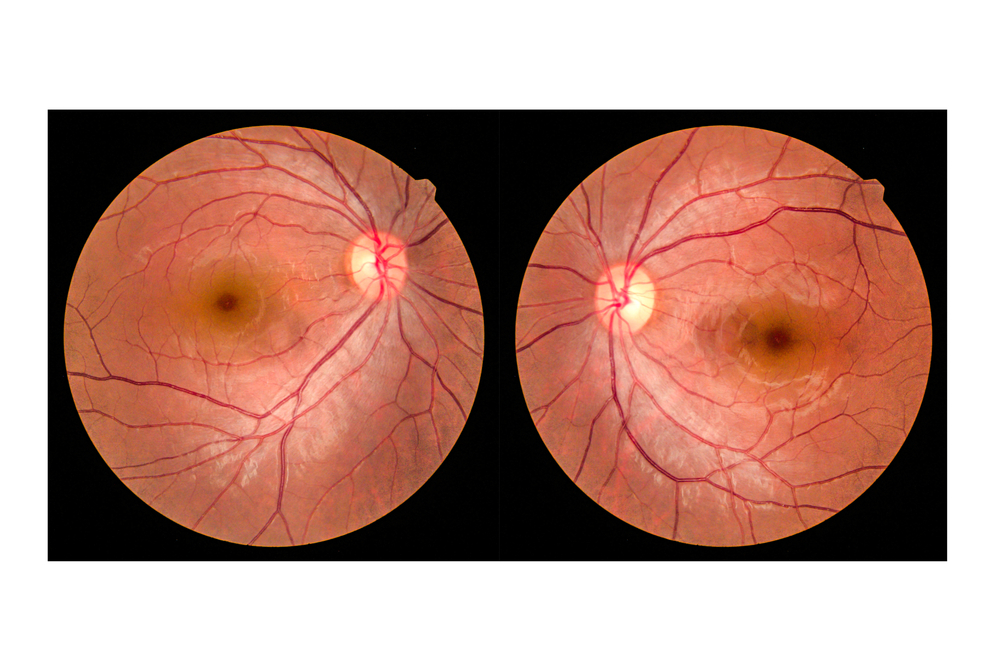
Retinal detachment is a serious medical condition that can lead to irreversible vision loss if not treated promptly. It occurs when the retina, a thin layer of tissue at the back of your eye that processes light, detaches from the underlying tissue. Understanding what retinal detachment is and how it affects your vision is key to maintaining your eye health. Being aware of the condition enables you to recognize the symptoms early, seek timely medical attention, and potentially save your vision.
Causes and Symptoms of Retinal Detachment
Retinal detachment can be caused by various factors. It's frequently associated with aging and is more prevalent in people over the age of 50. Other possible causes include severe nearsightedness, previous eye surgery, and trauma to the eye. It can also result from certain diseases or conditions like diabetes or inflammatory disorders, which can cause the vitreous to shrink or thicken, leading to retinal detachment.
The symptoms of retinal detachment are usually noticeable, although they may vary among individuals. One of the most common symptoms is the sudden appearance of floaters, which are small specks or threads that seem to float in your field of vision. You might also notice flashes of light in one or both eyes, particularly when looking to the side. Other symptoms can include blurred vision, a darkening ‘curtain’ that obscures part of your visual field, or a sudden decrease in vision.
It's important to note that these symptoms can also indicate other eye health issues, not just retinal detachment. However, any sudden changes in your vision warrant immediate medical attention. Early detection and treatment are crucial in preventing permanent vision loss.
Tips for Preventing Retinal Detachment
While not all cases of retinal detachment can be prevented, there are steps you can take to maintain your eye health and reduce your risk. One tip is to protect your eyes from injury. Wear safety glasses or goggles when participating in high-risk activities like sports or home repair projects.
If you're highly nearsighted, have had eye surgery, or have a family history of retinal detachment, it's crucial to have regular eye examinations.
A healthy diet and lifestyle can also contribute to eye health. Eating a diet rich in fruits, vegetables, and fish can provide nutrients that support eye health. Regular exercise can improve blood circulation, including in the small blood vessels in your eyes. Avoiding smoking can also protect your eyes, as smoking increases the risk of many eye conditions, including retinal detachment.
The Importance of Regular Eye Examinations
Regular eye examinations are a critical component of maintaining eye health and preventing conditions like retinal detachment. These exams allow your eye doctor to detect any changes or problems in your eyes before they become serious.
During an eye exam, your eye doctor will do more than just check your vision. They'll also examine your eye pressure, the front part of your eye, and your retina. They might use special drops to dilate your eyes, allowing them to see the back of your eyes more clearly.
If you're at higher risk for retinal detachment due to factors like age, nearsightedness, or a family history, you might need more frequent eye exams. Always follow your eye doctor's recommendation for the frequency of your eye exams.
Conclusion
Maintaining your eye health and preventing conditions like retinal detachment involves understanding what it is, recognizing the symptoms, and taking preventive measures, including regular eye exams. Being proactive about your eye health can help you protect your vision and ensure you continue to see the world clearly.
For more information on retinal detachment and tips for eye health, visit Gulf Coast Retina Center at our office in Sarasota or Venice, Florida. Be seen today or call (941) 312-2769 to schedule an appointment today.








